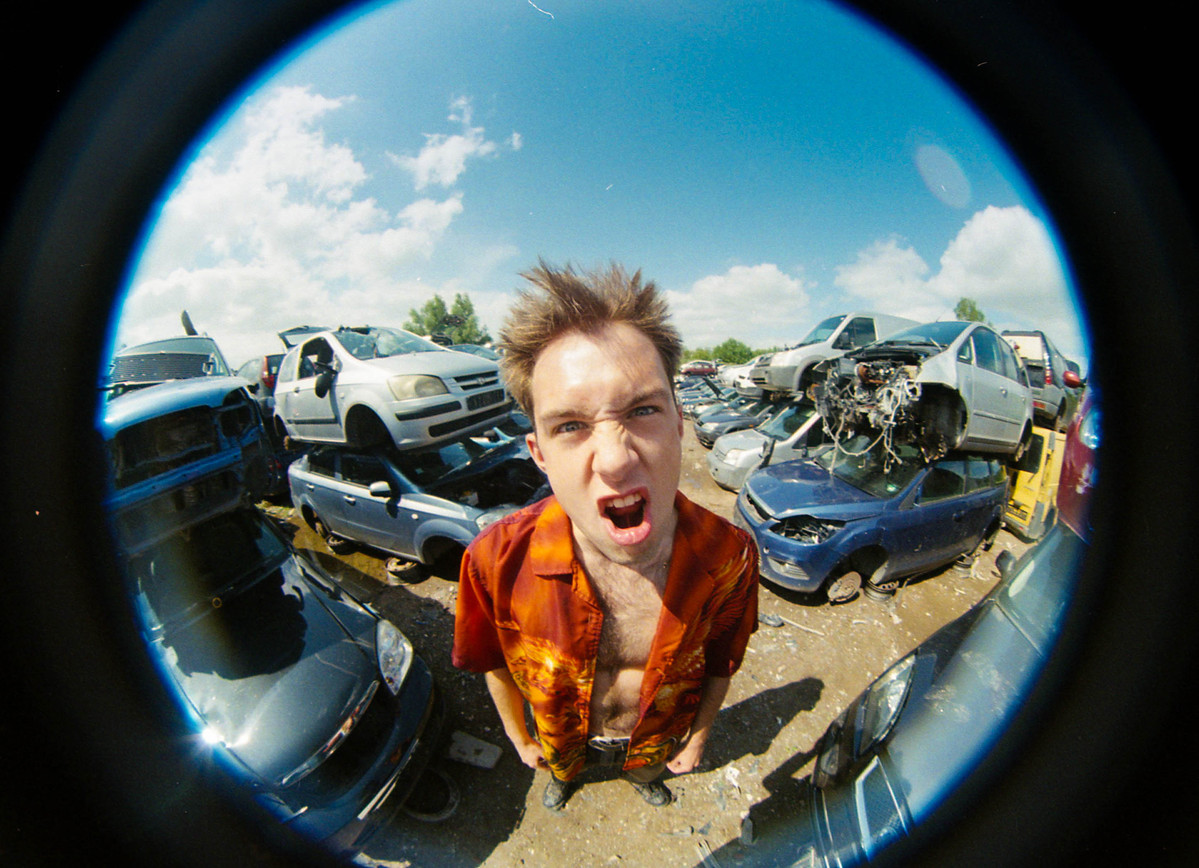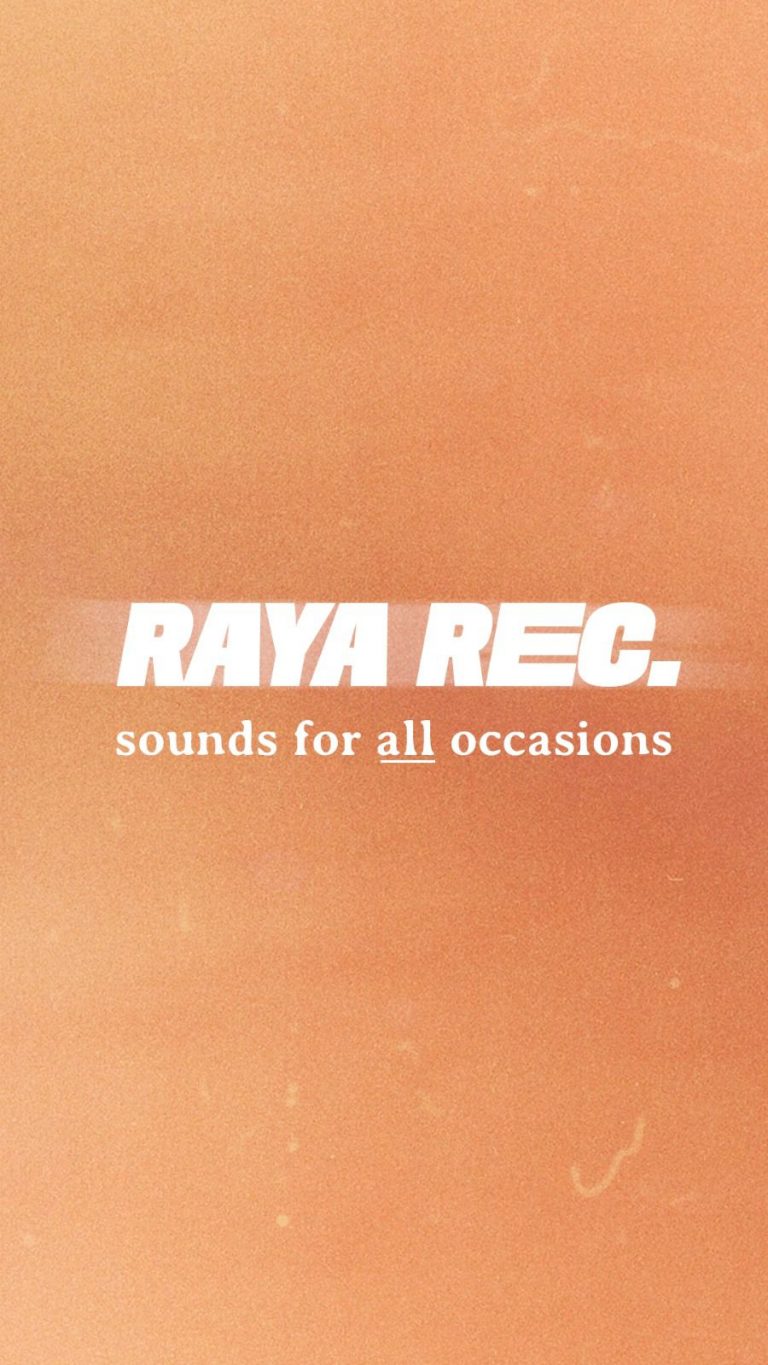The first time I walked into Korzo Theater, Prinsestraat 42, 2513 CE The Hague, my stress levels were almost human. They grew in my stomach during the night, forest of uncertainties, expectations and excitements. When we walked into Korzo for the first time, my stress and I, were holding hands. Trying to not give in into one another. Pretending we were two separate units. There was stress, biting its nails and laughing nervously, and there was me, smiling, nodding and stocking information. I was pragmatic, keeping my cool. Stress was emotional, not keeping its cool. Shakey duo, taking turns leading the way through the theater’s labyrinthine halls. Taking turns leading conversations with colleagues. Taking turns being on top. Took me two weeks to finally win the battle. Queen of the mountain, my stress forest had opted for a strategic retreat. Leaving my stomach, leaving me alone in navigating the building, in having casual talks during lunch. I didn’t need a hand, didn’t need nervous laughter. (Now the nail biting didn’t go, but that’s been nagging me since my parents took away my pacifier at age 5. I expected that one to stick around.) Took me two weeks to learn how to walk in by myself. The twelfth time I walked into Korzo Theater, Prinsestraat 42, 2513 CE The Hague, I walked in alone.
.
Korzo moves. Literally. From the eighties, where a group of young artists and students squatted the old Corso cinema, to 1984 where Corso became Korzo Theater, a space for experimental dance and music, to today where Korzo is internationally recognized as a leading production house and venue focused on movement, Korzo has moved. And, along the way, they connected with an audience, they offered them food for thought and presented them with cutting edge productions. Along the way, they picked up artists, young makers, international productions and stressed interns like myself. Along the way, they kept on thinking about who they were and what they represented: introspection, innovation and interconnection. Korzo moves. On many different fronts.
Through personal interviews, corridor talks, interactions in the cafeteria, in between the making of two schedules, or at an ice cream café where one of my supervisors brought another intern and I, I came closer to understanding the moving language (no problem) of Korzo Theater. Here’s my take on it.
“It is no coincidence that we have chosen “Here to Move You” as our motto.”
“It is no coincidence that we have chosen “Here to Move You” as our motto.”

Moving Careers
Korzo is place where, every four years, seven young professionals are welcomed to call the theater their home and are given an opportunity to create their individual programs and productions. The studios are theirs to grow in, to experiment with their visions, to fail, to be vulnerable and awkward and to, ultimately, become better artists. The tailor-made relationships between Korzo and the makers generates a safe space where artistic ideas flow and develop. Gemme Jelier, general director, said of Korzo to be a stopover, a temporary nesting place where one can find freedom to move their career towards a new, or more focused path. Four years of hatching before the makers are gently pushed out of the nest and back into the warbling performing arts world, where they are then looked at proudly when elegantly moving their matured artistic feathers around the world.
“Korzo is love for the artists and the makers. Love for the art. It’s giving people possibilities to fall and to get up again. Korzo is to give a lot, but also to receive a lot in exchange. The work is rewarding on many levels.”
(Leonie Gerrits, producer, sales productions and tours, planning coordinator)
Moving Productions
In addition to being a place for artistic development, Korzo is a venue where, every year, programs and performances from all around the world are welcomed under the spotlights. What is shown in the theater varies from music, around 50 concerts per year, dance, 80 shows a year, to circus, 30 performances every year. This miscellaneous program is presented, amongst other things, through festivals such as CaDance, Cirque Mania, Indian Dance Festival and Festival Feyeraband which are all produced by Korzo. Co-produced festivals, Rewire Festival, Festival Dag in de Branding, and I Love HipHop, also make their way in Korzo’s program.
In an interview with Marc Maris, dance programmer, it became clear to me that Korzo aims at presenting a program that is diversified in terms of genre, but also when it comes to the origin of the pieces, the seniority in makers and the topics discussed. The performances also need to be substantial, relevant for their time, i.e. have a clear reason for how it has been created and why it is performed. Authenticity is a factor that came up as prevalent in Korzo’s choices of programs, as well as a recognition of the audience in some way or another in the course of the moving spectacle.
“You are not programming your own taste, but that of the audience. We have to look at how it’s created, what’s the theme and how it connects with the diversity of our audience, the diversity of The Hague.”
(Marc Maris, dance programmer)

“The audience is our priority. We don’t make art for art’s sake. Art is created when shared with an audience. We make art because we want to say something with it and because we want to share that with others. At Korzo, we make art that is accessible for all kind of audiences. Art exits through communication.”
(Gemma Jelier, general director)
Moving the Public
“The audience is our priority. We don’t make art for art’s sake. Art is created when shared with an audience. We make art because we want to say something with it and because we want to share that with others. At Korzo, we make art that is accessible for all kind of audiences. Art exits through communication.”
(Gemma Jelier, general director)
Korzo is a bridge between audience and makers. All things considered, new and existing productions need an audience to be shown to. The theater, and especially the dance-theater public, is very niche, which is why Korzo aims at reaching those that are not necessarily seen as the typical theater goers. The ones that think of dance and movement pieces as an elitist art. But movement has the capacity to create a bond between the artists and the audience that goes beyond words, that has the potential to succeed in touching upon something emotional, personal and precious.
Marc shared that he often has conversations with non-professionals, as they fuel new perspectives and make him, a field professional, look at performances from beyond his own, very specific language. By communicating with the audience, by understanding what moves them, what they want to see and what deeply touches them, Korzo can create a bond with its public, an intimate connection that will serve the performing arts world to adapt and reshape itself in synch with the people it is trying to talk to.
Moving Themselves
Korzo is about introspection, innovation and interconnection. Introspection in the sense that they offer makers a space to grow and understand and develop themselves as artistic thinkers.
Innovation in the sense that they show and offer a diverse, different and broad range of performances that challenge the mainstream conceptions of movement-based art. Interconnection in the sense that they strive for a genuine connection with their audience.
Constant change and movement are necessary to stay anchored and true to what they are. When Gemma accepted the function of general director she told Korzo “if you chose me, I will make changes.” She has been in function for over three years, and word in the rialto is that changes definitely have been made. Korzo is consistently and proactively repositioning themselves in their local and international context. They think fast and efficiently on how to make changes that let them both surf and break the wave of artistic advancements, but also of technical, interpersonal and administrative advancements. Through employees that make the company go forward, through giving opportunities for growth to not only makers, but to stressed interns as well, Korzo shapes the world of dance, music and circus that we see under the spotlights, but also that huge chunk within the world of performance that’s at work behind the scenes. All those on and off stage bits that make the moving art industry collide at Korzo, in the hopes of moving everyone that is touched by interlaced visions of cutting-edge, show-stopper performances.
.
The twelfth time I walked into Korzo Theater, Prinsestraat 42, 2513 CE The Hague, I walked in alone. I walked in alone because I realized that everyone there was supportive of my mistakes, my stumbles, my obvious questions. I walked in alone because Leonie told me this: “Korzo is a house for development. On every layer of the organization.” She stared at me, nodding her head, little corner smile, insisting on my understanding of her words. And I did (eventually). I understood that I could relax. I understood that I’m here to be moved as well.
Visit Korzo’s socials
Credits:
Interview with Gemma Jelier
Interview with Marc Maris
Interview with Leonie Gerrits
Korzo website: https://korzo.nl/nl/
KORZO – A House on the Move 2021-24.pdf
Share this article
You might also like

Augusto Boal: the Profile of a Revolutionist
Performance art.
The most ephemeral type of art in which everything is questioned by the means of anything.

So beautiful and so lost: “Va Pensiero”
As Verdi lay down the quill with which he had just penned the famous notes to “Va Pensiero,” he could hardly imagine the song would still resonate with his nation over a hundred years later.

The man, the fool
Glasses of wine in hands, we were hanging in my student bedroom, talking about beauty. Beauty. A word that has been philosophized about so many times.


